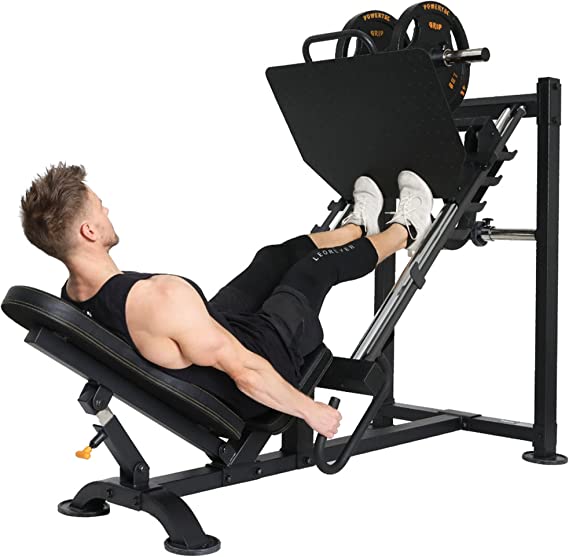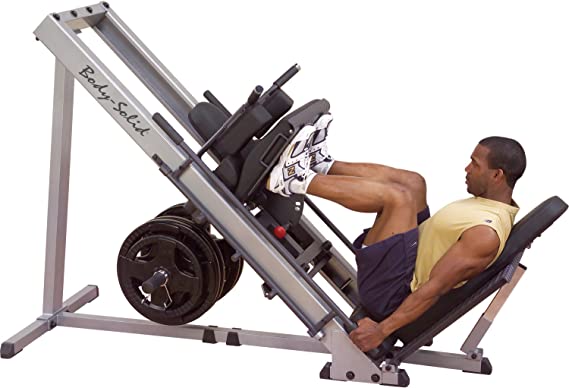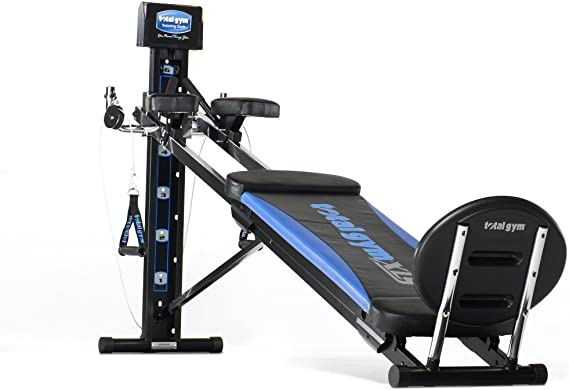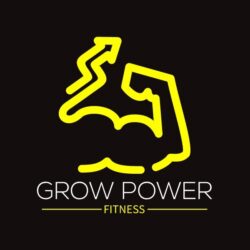Introduction
A strong lower body is essential for overall physical fitness and daily activities. Bodyweight leg workouts offer a convenient and effective way to strengthen and tone your leg muscles without the need for specialized equipment or a gym membership. In this article, we will explore the benefits of bodyweight leg workouts, various leg exercises, and how to create a customized workout routine to achieve your fitness goals.
Benefits of Bodyweight Leg Workout
Strengthening Leg Muscles
Bodyweight leg exercises, such as squats and lunges, target major leg muscles like quadriceps, hamstrings, glutes, and calves. These exercises help build muscle strength, leading to better mobility and endurance.
Improving Balance and Stability
Many bodyweight leg exercises require stability and balance, engaging core muscles in the process. Improved balance reduces the risk of injuries and enhances overall athletic performance.
Enhancing Athletic Performance
Bodyweight leg workouts are not just for fitness enthusiasts but also benefit athletes. Strong leg muscles translate into improved running speed, jumping ability, and agility, making athletes more competitive in their respective sports.
Convenience and Accessibility
One of the significant advantages of bodyweight leg workouts is their accessibility. You can perform these exercises anywhere, whether at home, in a park, or during travel, making it easier to maintain a consistent workout routine.

Powertec Fitness Leg Press Machine, 1000 LB Weight Capacity, Black – Professional Exercise Equipment for Home Gym – Heavy Duty Workout Equipment for Full Lower Body Workout
Essential Leg Exercises
Now let’s delve into some of the essential bodyweight leg exercises that can be incorporated into your workout routine:
Squats
Squats are a fundamental leg exercise that targets the quadriceps, hamstrings, and glutes. To perform a squat:
- Stand with your feet shoulder-width apart.
- Lower your body by bending your knees and pushing your hips back, as if sitting on an imaginary chair.
- Keep your back straight and chest lifted.
- Push through your heels to return to the starting position.
Lunges
Lunges are excellent for targeting the quadriceps, hamstrings, and glutes. To do a lunge:
- Stand straight with your feet together.
- Take a step forward with one leg and lower your body until both knees are bent at 90 degrees.
- Push back to the starting position and repeat on the other leg.
Step-Ups
Step-ups primarily work the quadriceps, hamstrings, and glutes. To perform a step-up:
- Find a sturdy elevated surface, like a bench or step.
- Step onto the surface with one foot and push your body up until your leg is straight.
- Step back down and repeat with the other leg.
Glute Bridges
Glute bridges target the glutes and lower back. To do a glute bridge:
- Lie on your back with your knees bent and feet flat on the floor.
- Lift your hips off the ground until your body forms a straight line from shoulders to knees.
- Squeeze your glutes at the top and then lower back down.
Calf Raises
Calf raises focus on the calf muscles. To perform calf raises:
- Stand with your feet hip-width apart.
- Raise your heels off the ground as high as possible.
- Lower your heels back down.
Creating an Effective Bodyweight Leg Workout Routine
To get the most out of your bodyweight leg workouts, it’s essential to structure your routine properly. Here’s how to create an effective workout plan:
Warm-Up
Before starting any workout, warm-up your body to prevent injuries and prepare your muscles for exercise. A dynamic warm-up that includes leg swings, leg circles, and bodyweight squats is ideal.
Circuit Training
Combine various leg exercises into a circuit. Perform each exercise for a set amount of time or repetitions before moving on to the next one. Aim for 3-4 circuits with short rest intervals between exercises.
Cool-Down
After completing your workout, cool down with static stretches for your legs. Stretching can help improve flexibility and reduce post-workout soreness.

Body Solid GLPH1100 Leg Press Hack Squat
Advanced Bodyweight Leg Exercises
Once you’ve mastered the basic leg exercises, challenge yourself with these advanced variations:
Pistol Squats
Pistol squats are single-leg squats that require significant strength and balance. To perform a pistol squat:
- Stand on one leg with the other leg extended in front of you.
- Lower your body into a squat position on one leg while keeping the extended leg off the ground.
- Push back up to the starting position.
Bulgarian Split Squats
Bulgarian split squats target one leg at a time and work the quadriceps and glutes. To do a Bulgarian split squat:
- Stand a few feet away from a bench or elevated surface.
- Rest the top of one foot on the bench behind you.
- Lower your body into a lunge position until the front knee is at a 90-degree angle.
- Push back up to the starting position.
Single-Leg Deadlifts
Single-leg deadlifts engage the hamstrings and improve balance. To perform a single-leg deadlift:
- Stand on one leg with a slight bend in the knee.
- Hinge at the hips, lowering your upper body and lifting the non-standing leg backward.
- Return to the starting position.
Skater Lunges
Skater lunges are dynamic lunges that mimic the motion of a skater. To do skater lunges:
- Stand with your feet together.
- Take a lateral leap to one side, bending your knee and extending the other leg behind you.
- Repeat on the other side, moving from side to side.
Wall Sits
Wall sits are an isometric exercise that targets the quadriceps. To perform a wall sit:
- Stand against a wall with your back flat.
- Lower your body until your thighs are parallel to the ground, forming a sitting position against the wall.
- Hold this position for as long as you can, aiming for 30 seconds to a minute.

Total Gym XLS Men/Women Universal Total Body Training Home Gym Workout Machine with Squat Stand, Leg Pull, 2 Ankle Cuffs, and Exercise Chart
Tips for Maximizing Results
To make the most out of your bodyweight leg workouts and achieve your fitness goals, consider the following tips:
Proper Form and Technique
Maintaining proper form during exercises is crucial to prevent injuries and engage the correct muscles. Focus on executing each movement with control and precision.
Progressive Overload
To continue seeing progress, gradually increase the intensity of your workouts. You can do this by adding more repetitions, sets, or incorporating more challenging exercises.
Consistency and Rest
Consistency is key to seeing improvements in strength and muscle tone. However, ensure you allow your muscles to recover by incorporating rest days into your routine.
Balanced Diet and Hydration
For optimal performance and recovery, fuel your body with a balanced diet rich in nutrients and stay hydrated throughout your workouts.
How to Modify Exercises for Beginners and Experts
Bodyweight leg exercises can be tailored to accommodate different fitness levels:
Beginners
If you’re new to bodyweight leg workouts, start with basic exercises like squats and lunges. Begin with fewer repetitions and gradually increase as you build strength and confidence.
Experts
Seasoned fitness enthusiasts can challenge themselves with advanced variations like pistol squats and Bulgarian split squats. Experiment with adding weights to intensify the workout.
Common Mistakes to Avoid
To ensure safe and effective workouts, steer clear of these common mistakes:
- Overexertion: Pushing yourself too hard too soon can lead to injuries. Progress gradually and listen to your body.
- Poor Form: Incorrect form reduces the effectiveness of exercises and increases the risk of injury. Focus on proper technique.
- Skipping Warm-Ups and Cool-Downs: Warm-ups prepare your muscles for exercise, while cool-downs aid in recovery. Don’t skip these essential steps.
- Neglecting Rest: Muscles need time to recover and grow. Avoid overtraining by incorporating rest days into your schedule.
- Lack of Variety: Repeating the same exercises can lead to plateaus. Mix up your routine to keep your body challenged.

Powertec Fitness Levergym Calf Raise and Squat Machine, Black, 58” x 55” x 61.6”, 500 lbs Max Capacity – High-Quality Weight Training Equipment for Leg Exercise – Premium Home Workout Equipment
Conclusion
Bodyweight leg workouts offer a practical and effective way to strengthen your lower body muscles without the need for expensive equipment or gym memberships. By incorporating a variety of exercises and following proper form, you can achieve significant improvements in strength, stability, and overall athletic performance.
So, why wait? Start your bodyweight leg workout journey today and experience the positive impact on your fitness and well-being.
FAQs
Can bodyweight leg workouts build significant muscle mass?
Yes, bodyweight leg workouts can build muscle mass, especially for beginners or those who have not engaged in resistance training before. However, for experienced individuals looking to maximize muscle growth, adding external resistance like weights may be necessary.
Are bodyweight leg exercises safe for people with knee issues?
Bodyweight leg exercises can be safe for people with knee issues if performed with proper form and within a pain-free range of motion. However, it is advisable to consult with a healthcare professional or physical therapist before starting any new exercise regimen, especially if you have pre-existing knee conditions.
How often should I perform bodyweight leg workouts?
The frequency of bodyweight leg workouts depends on your fitness level, goals, and overall exercise routine. Generally, performing leg workouts two to three times per week, with at least one rest day in between sessions, is a good starting point.
Can I do bodyweight leg exercises every day?
While daily physical activity is essential for overall health, targeting the same muscle groups every day without proper rest can lead to overuse injuries. It is recommended to allow at least one day of rest between intense bodyweight leg workouts.
Can bodyweight leg workouts help with weight loss?
Bodyweight leg workouts, like any form of exercise, can contribute to weight loss when combined with a balanced diet and overall calorie deficit. They help burn calories and improve muscle tone, which can support weight loss efforts. However, focusing solely on leg exercises may not be sufficient; a well-rounded fitness routine is recommended for optimal results.
